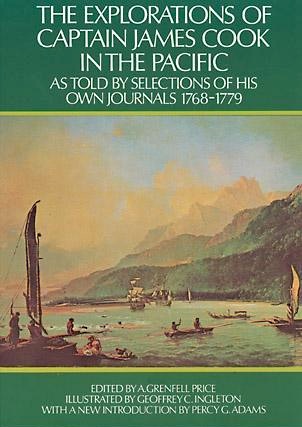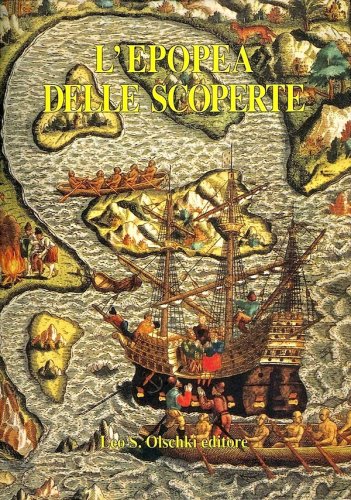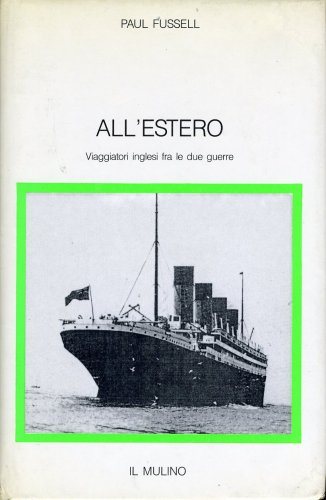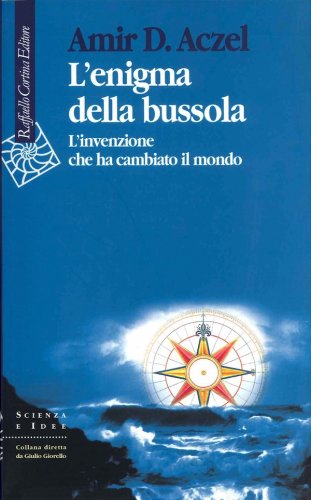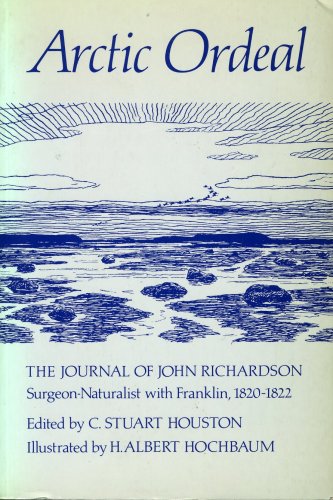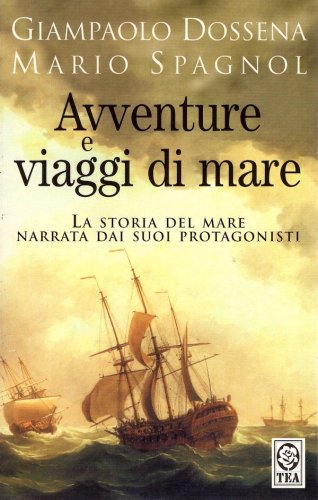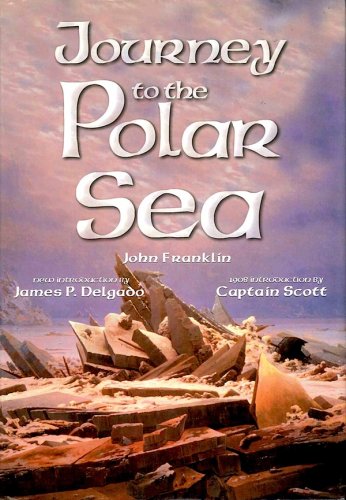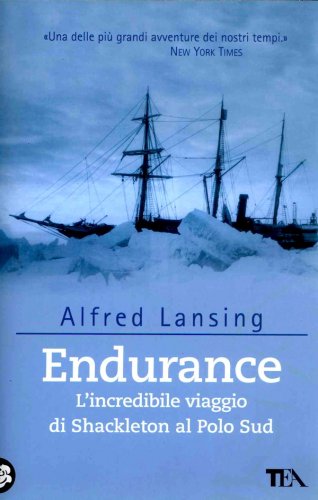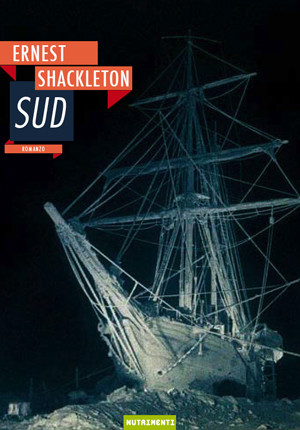Exploration of captain James Cook in the Pacific
as told by selections of his own Journals 1768-1779
Exploration of captain James Cook in the Pacific
as told by selections of his own Journals 1768-1779
- Disponibile in 7 giorni
- Possibilità di reso entro 10 giorni lavorativi
- Transazione sicura con carta di credito, Paypal o bonifico bancario
- Spedizione tracciata con SDA
No man ever did more to alter and correct the map of the earth, writes Percy Adams in his new introduction, than James Cook, the Scotch-born British naval commander who rose from humble beginnings to pilot three great 18th-century voyages of discovery in the then practically uncharted Pacific. His explorations of the eastern coastline of Australia, leading to its eventual British colonization; his thorough charting of New Zealand; discovery of the Hawaiian Islands; and his investigation of both the mythical "Terra Incognita" in the southern ocean and the equally mythical Northwest Passage, as well as his contributions to cartography and to the cure and prevention of sea disease were all of immense scientific and political significance. Though lacking in formal education, Cook was a man of great intelligence and unbounded curiosity, and his journals reflect a wide-ranging interest in everything from island customs to specific problems of navigation, charting, command, and diplomacy. This reprinting of selections from Cook's journals abounds in descriptions of newly discovered plant species, particulars of coastline and land features, details of navigation, and impressions of the various Pacific peoples he encountered. Cook was a many-faceted genius, able at once to grasp the complexities of mathematics necessary for navigation and mapping and the subtle intricacies of politics and negotiation. He often recorded his keen judgments of both subordinates and native chieftains and priests in a way that displays his own great pains to insure proper diet and conditions of cleanliness, and carefully described these measures in his journal. His tragic death at the hands of Hawaiian islanders is fully rendered from eyewitness accounts, and implications of his discoveries to the expansion of scientific knowledge are clearly presented by the editor.

